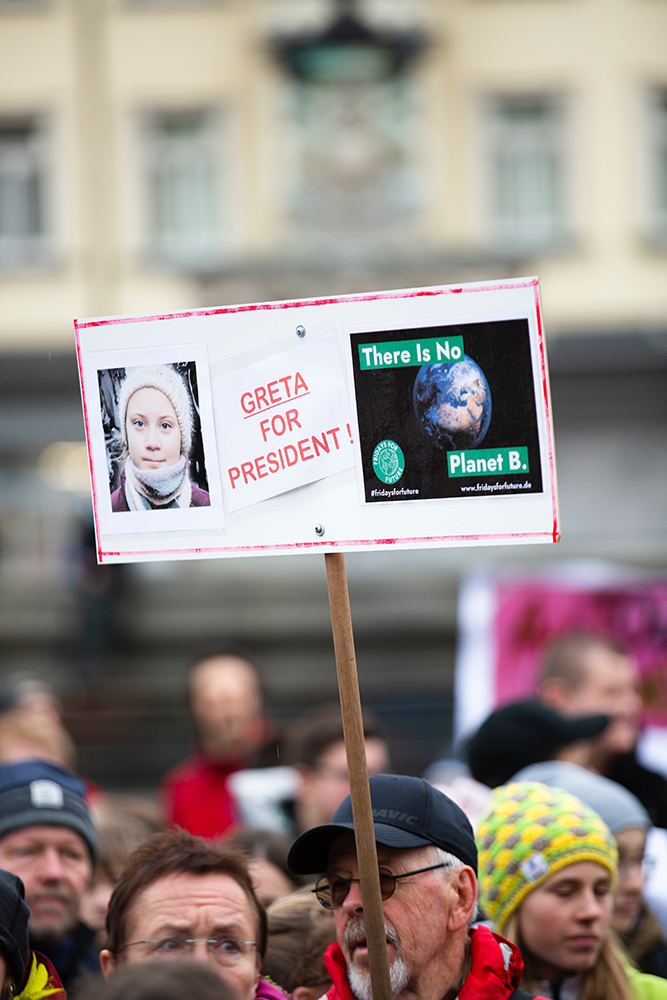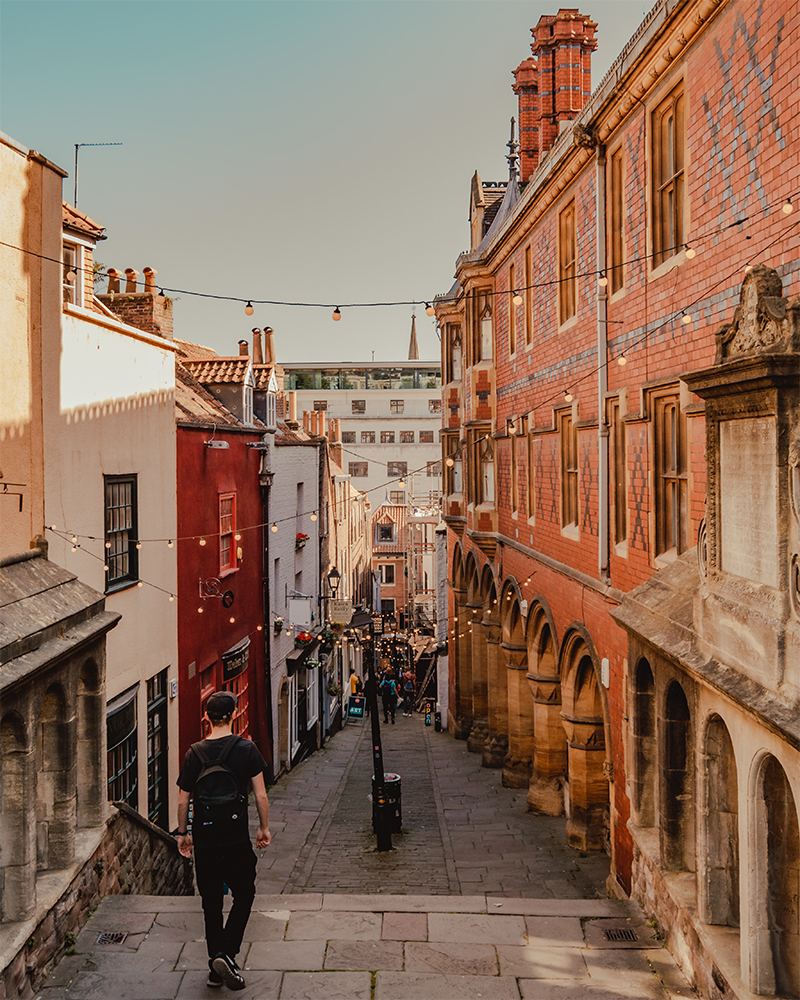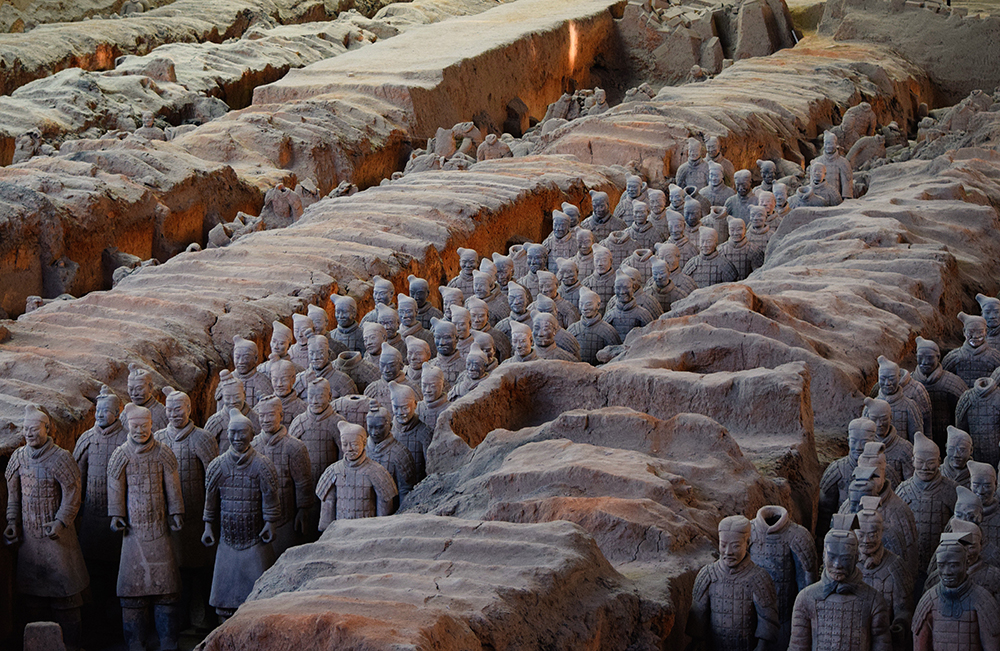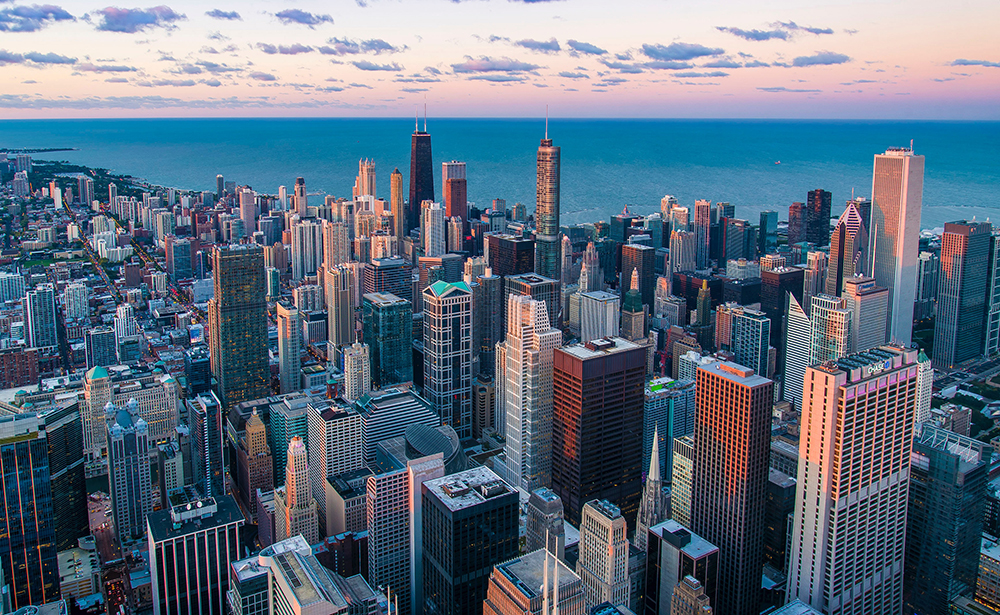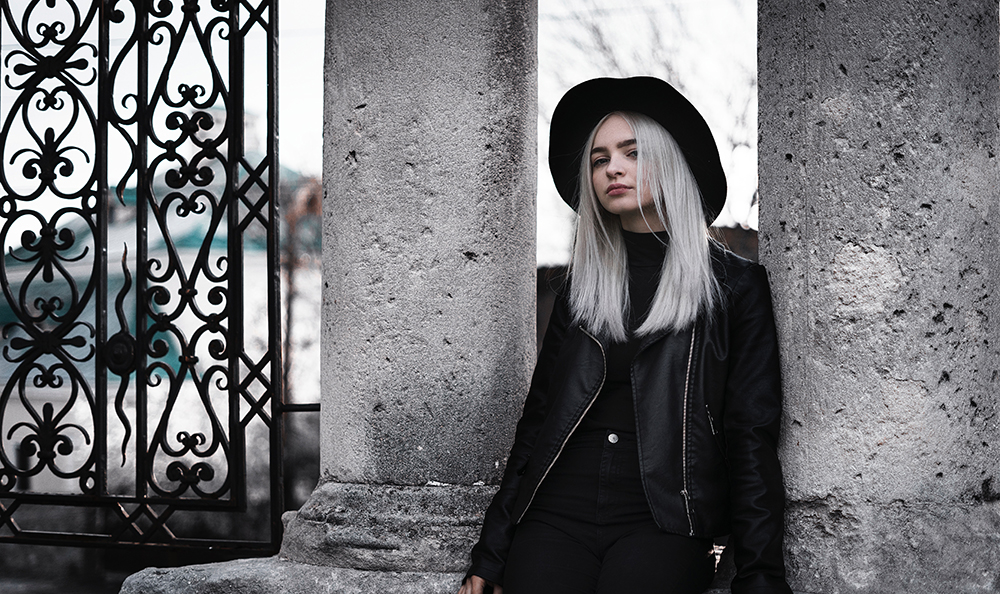Before 2001, I’d flirted with the drug game. I knew the dealers, corner stragglers, nickel shavers and block bosses all the way to the dudes who were juggling enough weight to sedate small towns. These were all people who hung in and around the neighborhood, my house even. I tried my hand, made a few transactions, but wasn’t committed because I never wanted to cop out to being just another dope dealer. It wasn’t a moral thing, really, I just looked in the mirror and saw a computer engineer or a lawyer staring back, not a criminal. But by the end of 2001, like many people in my age group and from my block, I sat stiff at the end of an IKEA two-chair kitchen table set, putting packages of $3, $6, $10, $20 and $50 blast together.
My best friend—who I’ll call Nick to protect his family and children—worked with me, but he couldn’t get the crack in the vial as quick as I could because his fingers were too fat, he talked too much and dude had a serious problem focusing. Really, nobody around me during that particular time could cap as fast. I was in a rush to get to the money, but patient enough to follow the necessary steps.
“We the next millionaires comin’ out of Baldamore, Dee!” Nick would yell, flopping his truck-wide frame all over the room, bouncing off of the damaged drywall, constantly knocking dishes off table edges with his huge ass. “Look at all dis work!”
We had some quick success down on Curley Street with a product we branded as “Yeah Buddy.” The cash poured in with steady traffic on a block that no one really paid attention to. Our little drug shop ran from about 4 p.m. to 8 p.m. Peace is held when you split up times—some other guys hustled during the same shift as us, but they were heroin dealers. We sold crack, so our clientele was completely different. The only other crack guys came out around 10 p.m., older dudes who had day jobs or something. Everything was smooth until I found out some of them were calling their crack Yeah Buddy, pretending to be us.
“It’s mainly Clarence,” Nick said, looking at his reflection in a chrome pistol. “We handle him, the problem over.”
I honestly didn’t care if Clarence and the rest of those dudes made a couple of dollars off of the Yeah Buddy name. But the streets don’t work like that—if one person ripped you off on Monday, you’d wake up to a million lined up to get you on Tuesday. It’s probably the same way the cops feel when they patrol together and run up on dudes like us.
I tucked my pistol in my dip and hopped shotgun in Nick’s car. A wooden bat rested in the back seat, not an official baseball bat, but the mini-slugger they give you as a gift for attending Orioles home games. We drove down to Curley, just in time to see Clarence closing down his shop.
“Yo, Clarence!” I said. “You still selling Yeah Buddy?”
“Fresh out, youngin’,” he replied. “What the fuck y’all want?”
I was going to tell him that he couldn’t sell it no more, and I was going to follow with a threat and some shit talk and maybe a joke because I wasn’t really trying to beef with him. But then Nick swung the bat, cracking Clarence in the side of his head.
I stopped the third blow and kneeled down next to Clarence.
“We not asking you no more,” I said.
Clarence got up holding his head. Nick cracked him again—and this time the bat broke.
The whole Clarence situation was a boost to our reputations. Everyone ran around telling the story of how Nick and I cracked Clarence’s head in half like a sunflower seed over some money. But that rep also had a downside. Working people in that neighborhood had known that Nick and I dibbled and dabbled, but we weren’t looked at as violent drug dealers until that incident. We had traded the love we earned from being goofy, fun kids for the same type of fear cops like Hersl used on the streets.
Like those police, we now had zero allies, and that’s why Curley Street dried up—people started calling the cops, little fights started breaking out and the whole thing just became a mess. Nick and I built a small crew and set up shop a few minutes away on Madeira Street. There were no drug crews when we built the spot, but we still ended up catching static from this kid named Dress-Code.
I didn’t flinch as he squeezed the trigger, but shut my eyes as the hammer clicked.
We caught Dress-Code one night after taking the women we were dating to an R&B concert in D.C. He was on the corner sharing jokes with his crew, a little drunk. I told my date to pull the car over, reached in the glove box and pulled out my pistol.
“Dress, what’s up, man?” I said, getting out.
He said he was looking for me, before landing a hard right across my jawline, hard enough for me to feel my teeth rattle. It dazed me and I gathered myself, squaring up and dipping my chin. Nick got out of the car and sparked a blunt. Dress-Code charged at me, I grabbed his shoulders and used the momentum to sling him to the ground—his fist or elbow hit my lip again, it burst, I felt blood and spit welling up in my mouth.
After a pretty even fight, I got the upper hand. I pulled the gun out and slapped Dress across the face with it. He hit the ground, barely catching himself. I stood over him, placing both of my knees on his arm, and used the butt of the gun to beat some teeth out of his mouth. I beat him until his blood covered my shirt, until our blood mixed, until he was unconscious, until Nick pulled me off of him like, “Chill, D Watk, you gonna kill him!”
Looking back, it was probably in that moment that I was closest to Hersl. We were both defining our territory—drawing our lines in blood and being rewarded for it. Nick and I locked down Madeira Street for a while; however, our time there didn’t last long because of another cop, who worked with Hersl. “I know exactly who you are, Lil Dwight!” he said once, after slamming me against a wall and then his car.
“I don’t know you, man—wrong guy,” I said, turning my face away. He dug in my pocket, pulled out a couple of dollars, kept them, kicked me up my ass and told me to be on my way.
“Nick, we gotta get off this block, it’s too hot,” I warned.
“You worry too much, D. We good.”
We weren’t. By 2004, Hersl was 34 years old and had been moved into working with some plainclothes units. The plainclothes cops, who are also called knockers and jump-out boys, were all about “proactive policing” and stats—how many people you can throw in jail. The Maryland Judiciary Case Search shows that Hersl alone made hundreds of arrests in 2002. The next year, BPD made more than 100,000 arrests—that’s roughly one-sixth of the population and a staggering 274 arrests a day.
They were patting everybody down, even the women, pocketing what they found and throwing the n-word around like it was our official title. I never carried large amounts of cash—doing so was like begging to be robbed by cops or stick-up kids—but Hersl and cops like him definitely got a few come-ups of $100 to $400 off me.
Hersl and a partner once clipped me for a few dollars at a bar called High Hats, probably one of the few lounges in America where customers actually have to bring their drink of choice to the establishment. We young dudes drank Belvedere, Rémy and Hennessey, but High Hats only had Ripple, Old Grand-Dad 100 and other brands that the elderly enjoyed. So we grabbed the bottles from cut-rates and left them at the bar with our names attached.
Some of us young hustlers would chill there before going to work our blocks, and others would wind down with a sip after our shift. I was pregaming for a date when Hersl and another cop came in the bar, shouting the routine even though we already knew it, making all of us exit through the side door. Against the side of the building, we assumed the position: facing the wall with our hands pressed against it, legs spread and, of course, our pockets open. Hersl and his buddy patted all of our pockets, tipping themselves with whatever they found. I didn’t have a lot of cash on me, $200 or $300 at most. I was upset, but not too upset because I sold drugs and paying cops like Hersl was just a tax. In those years, the cops were so fucked up, and they rolled us so much, that I didn’t think that much about being robbed by a person who gets paid to protect people. A normal person would be scared, terrorized even, but because this was all part of the game we were playing, it hardly left an impression on me. Now it’s hard to separate it from all the other times I’d been held up. When the cops finished being crooks, we went back inside and finished drinking.
But I remember another time, when Hersl caught me at CC’s carryout with a small amount of weed. I was walking out of the store with my chicken box and a half-and-half, just in time for Hersl to line me up against the wall with the rest of the people hanging out in front of the store. He took my grass and my cash and let me go, which was cool because those dudes were locking people up for anything.
Everything I had going against me he had going for him. Us young Black dudes who were slanging were hated, hunted and haunted for our role in the drug war. He was praised and honored and rewarded with overtime. Eventually I got tired of dealing, jaded even, and after a few of my friends were arrested and or murdered, I quit. Nick begged me to return, but I was done.
Our neighborhood and our industry were crumbling under the weight of the drug war, and so was Nick. He had a serious pill problem, popping Oxys like Tic Tacs. Everyone knew the pills were eating at him, but it still hurt when he developed a heroin addiction. Then he pulled a gun on me.
I didn’t flinch as he squeezed the trigger, but shut my eyes as the hammer clicked. It clicked. He said, “Bow!” I opened my eyes, and it clicked again. He looked down the same barrel, said, “Well, damn,” put it in his dip and bumped my shoulder as he walked past me. The gun was empty. At this stage of his addiction, his swollen-bloated caramel cheeks that used to wobble when he laughed at his own jokes had completely evaporated until you could see the shape of his jaw bone. I probably could’ve taken the gun and beat welts onto his head, but I let him go. I started staying away from the block he was stuck to. In 2006, he was gunned down by some dudes he was robbing with and eventually stole from.
In 2007, I enrolled in the University of Baltimore—a college in the middle of the city that was known for catering to older students and helping its graduates find jobs, exactly what I needed. I was a street guy and didn’t really know what to major in. I guess my background was business, but classes on that seemed boring. So I took the basics and decided to figure it out. I spent the rest of my time wandering around the city looking for a job. I had no real connections or traditional work experience—just a bunch of time and the will to submit 20-plus applications a week. Now that I was out of the game, I wasn’t even really talking to my friends who were still dealing. I forgot about Hersl. But he didn’t quit.


